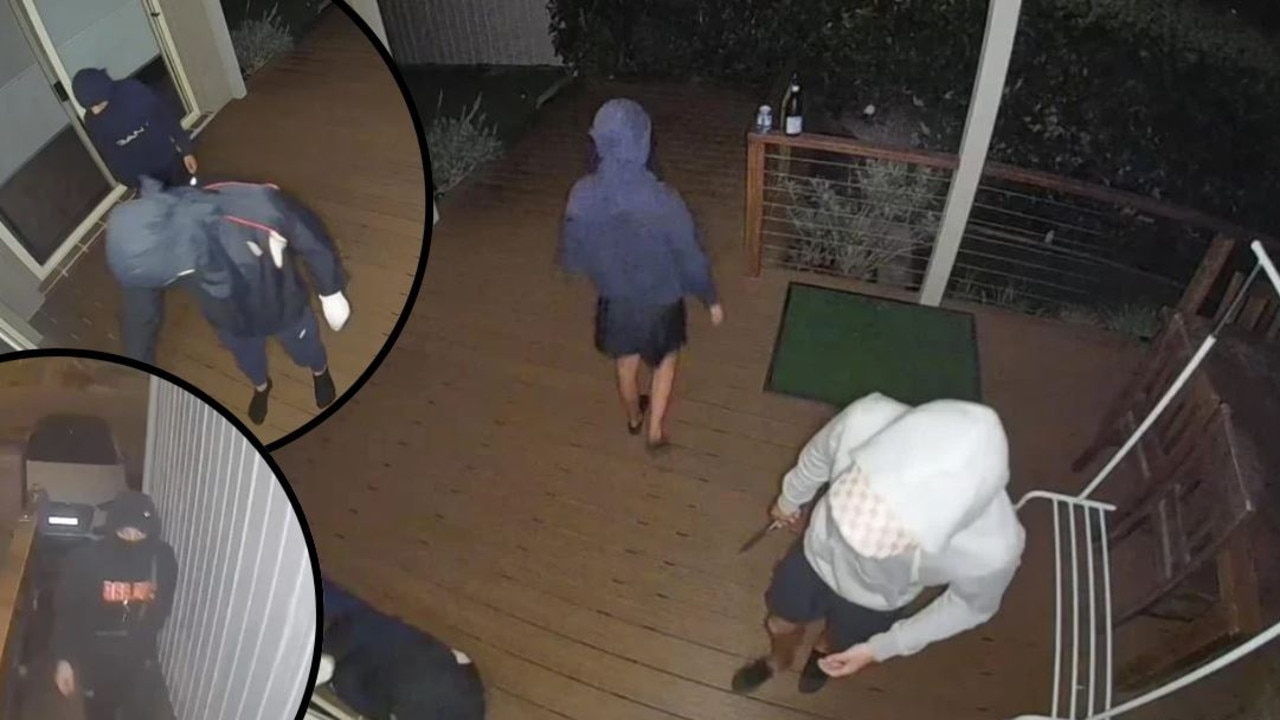Criminal lawyer moments away from falling victim to $300,000 scam
Criminal solicitor Graeme Morrison was moments away from wiring $300,000 in life savings to an investment scammer. A sly conman won his trust. But anti-scam tech saved him.

NSW
Don't miss out on the headlines from NSW. Followed categories will be added to My News.
Thousands of Australians have been saved at the eleventh hour from handing over an estimated $250 million to fraudsters identified in an “intelligence loop” between authorities, telcos and banks.
Optus’ scammer jammer Call Stop has prevented more than 3000 phone calls to known crooks from being connected, instead redirecting the telco’s vulnerable customers to an automated message warning them the person at the other end of the line could be about to con them.
The system relies on detections of dodgy activity from within the network, as well as intel from banks, the ACCC’s National Anti-Scam Centre, the Australian Financial Crimes Exchange and reports from their own customers to build up an ever-growing database of suspicious numbers.
It comes amid a 13 per cent decline in reported losses to scams nationwide, however Aussies still lost a whopping $2.74 billion last year alone.
With almost five decades’ experience in law, criminal solicitor Graeme Morrison is far from the conventional scam victim, but very nearly became one after an investment scammer spent almost two weeks gaining his trust through emails and phone conversations.

“I consider myself fairly tech-savvy, even though I’ve been around since before the internet,” the Wollongong lawyer said.
Call Stop’s warning was the final red flag that caused Mr Morrison to abandon his plans to wire $300,000 to a supposed ING bank ‘relationship manager’ who had already convinced the solicitor to hand over identifying details – including his passport and recent bank statements in order to set up an investment account.

“They had a lot of official ING material – including one term deposit application form which I later found out was legitimate,” he said.
“It was very sophisticated … and it wasn’t as if they were offering outrageous interest.”
University of South Australia Optus chair of Cybersecurity Dr Mamello Thinyane warned while Australians are becoming more alert to the risk of online scams, easy access to generative artificial intelligence means some of the most obvious clues, like poor spelling and grammar, are “not an issue anymore” for technologically advanced scammers.
“Some of these scammers are very sophisticated, and are also very patient – they’ll take their time, especially if it’s targeted,” he said.

“Always, always verify – and, especially if it’s a high risk context, triple verify. Are they a legitimately registered business? Do they have an ABN? Are they licensed to provide financial advice?
“With email addresses, are they coming from a registered domain? And if you visit that domain, if there a certificate – do you see ‘https’ in front of the URL?”
Mr Morrison said banks need to do more to help customers at risk of having their money stolen – while ING were quick to confirm ‘William Irwin’ was no ‘relationship manager’ of theirs, an hour and a half on hold to his current bank, the Commonwealth Bank, offered little reassurance or sense of security.
All banks should have a scam hotline, Mr Morrison said, with urgency key to protecting people’s money.
“If I had lost $300,000, I’d be ropeable.”
A Commonwealth Bank spokesperson said the bank does expedite calls from scam victims who call the 13 22 21 customer line.





